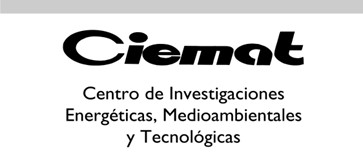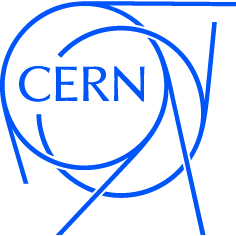The need to develop high-field magnets, or magnets with a very high mechanical complexity and field profile has been consolidated as one of the main priorities in the European Particle Physics Strategy. Beyond Basic Science, superconductivity based on new materials with higher performance and capable of operating at higher temperatures has become an essential objective for the development of scientific facilities and instrumentation, as well as in certain social applications. In this sense, the development of magnets with a higher field and higher operating temperature is a strategic translational need.
In this vision, it has been thought that Spain, through a collaboration between CIEMAT and CDTI, as scientific partners and promoter partner for business activity, respectively, could equip itself with the know-how and infrastructures necessary to contribute to this line of pre-industrial research and development.
In order to respond to the aforementioned strategic objectives, it was agreed to launch a programme whose overall objective is to address a comprehensive R+D+i plan in high-field magnets. This program, defined as the Very High Field Superconducting Magnets Program, PRISMAC, is funded by CERN, CDTI, CIEMAT and the Ministry of Science, Innovation and Universities through the General Secretariat for Research. The programme comprises three essential objectives:
(i) the development of a small series of high-field magnets of MCBXF-type technology for the expansion of the LHC to higher luminosity (HL-LHC),
(ii) the manufacture of prototypes of new generation high-field magnets for the HFM (High field Magnet) programme coordinated by CERN and
(iii) the development of a high-field magnet laboratory.
In relation to the third objective, the works of the High Field Magnet Laboratory were completed at the end of 2023, starting at that time its equipment. The laboratory, named SMART-Lab (Superconducting MAgnet Research and Technology Laboratory) has been in use since mid-2024, starting its operation gradually. It will be fully operational by mid-2025, when the last heavy instrumentation components will be received and installed.
The SMART-Lab laboratory will be the basis for the development of the magnet prototypes with which Spain will contribute to the next family of particle physics colliders. It will serve as a reference and support facility so that Spanish companies with interests in the development of magnetic components can have the necessary instrumentation for the prototyping of their products, thus boosting their industrial capacity.
In addition, as mentioned at the beginning, the contribution of this laboratory to translational applications, such as transportation, medical applications, and energy generation and storage, is considered relevant. In this sense, the SMART laboratory will be an essential facility for the development of acceleration system programs for social applications such as advanced radiotherapy or coils for new fusion reactors.
Guests
Authorities:
- Minister of Science, Innovation and Universities,
- Secretary General for Innovation,
- Secretary General for Research,
- Director General of the CDTI,
- Deputy Director-General for International Scientific Consortia, Organisations and Infrastructures,
- Director of the Accelerators and Technology Sector at CERN,
- Director of the Technology Department at CERN,
- Director General of CIEMAT.
Representatives of the scientific community:
- Representatives of the Particle Physics Community,
- Representatives of the Science Industry,
- Representatives of the Fusion Community,
- Representatives of the State Research Agency.
National and international representatives of the science and technology community of accelerators, agencies, and scientific institutions.





